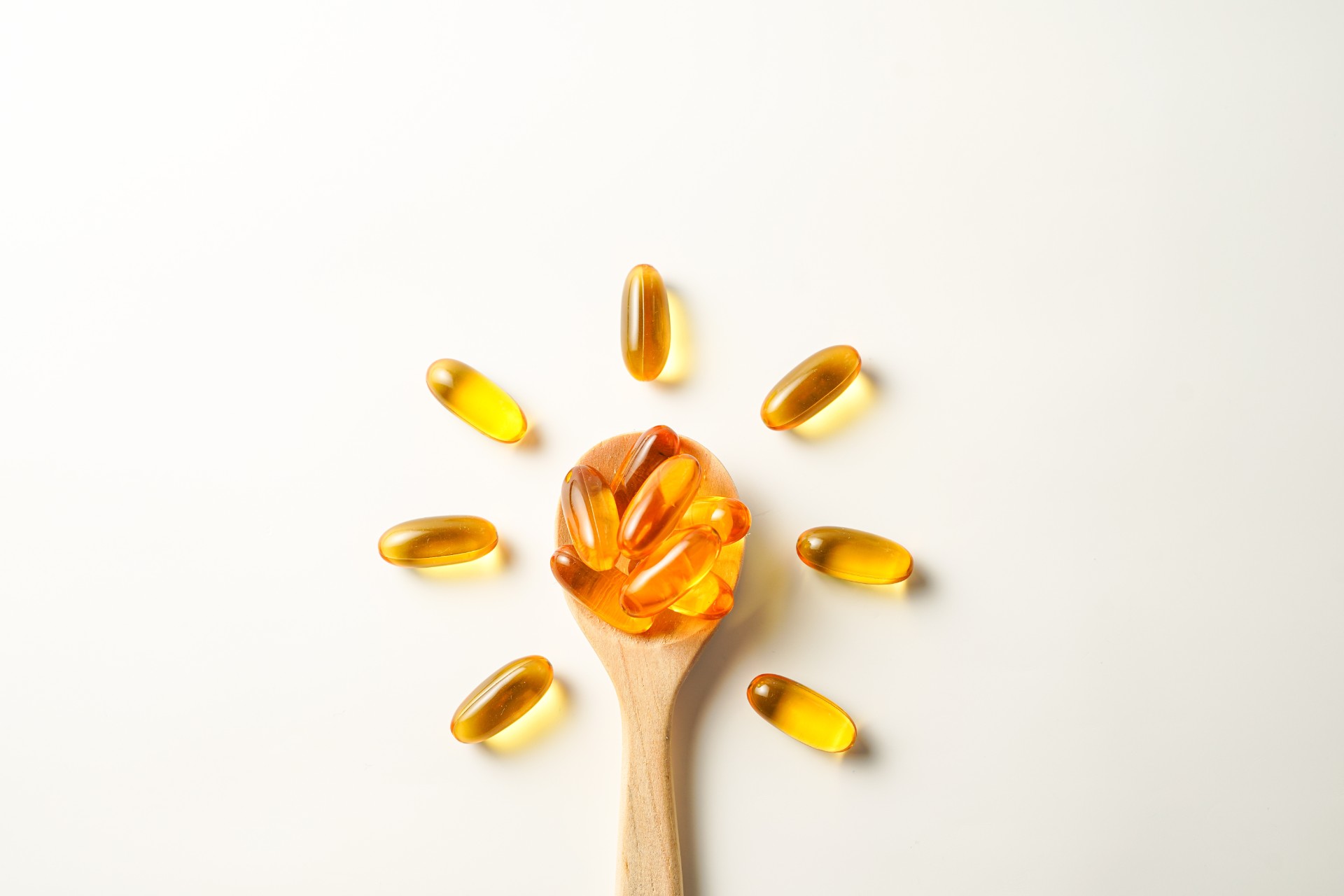Discover the best supplements for your age and optimize your health throughout life – from infancy to 90+ years!
Others are reading now
Do you want to stay healthy and strong throughout life? Whether you’re a baby, young, or older, the right supplements can optimize your body and overall well-being. We’ve looked into which vitamins and minerals are best suited for each age group. (Not everyone needs supplements—if you eat a healthy and varied diet, that is often enough.)
0-6 Months: Breast Milk or Infant Formula

Also read
-
Breast milk provides essential nutrients and is the best primary source of nutrition.
-
Since breast milk may not contain enough vitamin D, the American Academy of Pediatrics recommend a daily supplement of 400 IU (10 mcg) of vitamin D for infants.
6 Months – 2 Years: Growth and Development

-
Iron: Essential for growth, especially if the child isn’t getting enough from food (WHO).
-
Vitamin D: The need for 400 IU (10 mcg) per day continues.
-
Omega-3: Beneficial for brain development, especially if the child doesn’t eat fish.
3-12 Years: Childhood

-
Multivitamin: May be useful for children with a limited diet (NHS).
-
Calcium: Important for bone development, particularly if dairy intake is low.
-
Vitamin D: 400 IU (10 mcg) daily is still recommended.
-
Omega-3: Supports cognitive function and brain health. .
13-18 Years: Teenage Years

-
Iron: Especially important for teenage girls due to menstruation (NIH).
-
Calcium & Vitamin D: Critical for bone strength and growth.
-
Omega-3: May support focus and mental well-being.
19-30 Years: Early Adulthood

-
Magnesium: Supports muscle and nerve function.
-
B Vitamins: Essential for energy production and metabolism.
-
Iron: Still important for women of childbearing age.
31-50 Years: Midlife

-
Vitamin D & Calcium: Helps maintain strong bones and prevent osteoporosis.
-
Omega-3: Supports heart health (Mayo Clinic).
-
Probiotics: Promotes gut health and digestion.
51-65 Years: Menopause and Aging

-
Vitamin D & Calcium: Crucial after menopause to support bone density.
-
Coenzyme Q10: Helps with energy production and heart health.
-
Collagen: Supports skin elasticity and joint health.
65-80 Years: Senior Years

-
Vitamin B12: Absorption decreases with age.
-
Omega-3: Helps reduce inflammation and supports brain function.
-
Vitamin D: The recommended daily intake often increases to 800 IU (20 mcg).
80-90 Years: Maintain Strength and Energy

-
Protein: Helps prevent muscle loss and frailty.
-
Vitamin D & Calcium: Essential for bone health and preventing fractures.
-
Magnesium: Supports muscle and nerve function.
Important Considerations

-
Only take supplements if there’s a documented deficiency or dietary need.
-
Blood tests can help identify deficiencies in vitamin D, iron, or B12.
-
NHS, NIH, WHO and Mayo Clinic recommend consulting a doctor or dietitian for personalized guidance.


